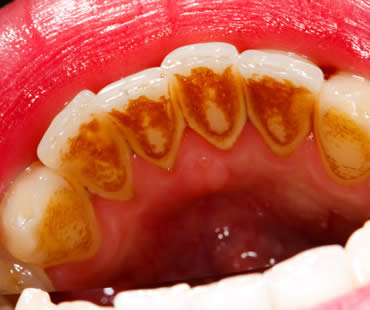
by Dr. Adkins | Nov 11, 2022 | Blog, Dental Topics 1, Implant Dentistry
For many years, your only choice for replacing missing teeth was dentures or bridges. Now dental implants offer an impressive alternative. Don’t rule them out just because you don’t know what they are, what the process is, who makes a good candidate, or what the benefits include. Learn more about implants so you can make an educated decision whether they’re right for you.
Teeth can be lost or severely damaged for many reasons such as gum disease, tooth decay, or injury. Dental implants provide a solution by surgically placing a titanium root directly into your jawbone. A post connects the implant to an artificial tooth that is placed on top during a second surgery. Usually there is a delay between the first and second surgeries to allow for proper healing so that the implant is successful.
Implants offer lots of benefits. They look and feel like your real teeth, and there’s no slipping or speech problems as with other restorations. They have a very high success rate and can last a lifetime with good care. Your oral hygiene tasks are the same as with real teeth. Your self-esteem will increase with your fully restored and functional smile.
Although many people are good candidates for implants, your dentist will let you know if there are risks for you. Healthy gums are very important, so those with periodontal disease may not be suitable. There also must be sufficient jaw bone support for implants to attach successfully, or you might be able to have bone grafting done to achieve more jaw strength before implants.
Dental implants are often the ideal solution for people who are missing teeth. Even though you might be nervous about the procedure, implants provide a great way to restore your smile comfortably and naturally.
Dental Implants McDonough

by Dr. Adkins | Jun 7, 2017 | Blog, Dental Topics, Uncategorized
In recent years, dentists and oral health professionals have thought that 3 out of 4 American adults, or roughly 75 percent, have some level of gum disease. A new survey indicates that those estimates are low. According to the National Health and Nutrition Examination Survey conducted by the Centers for Disease Control and Prevention in Atlanta and the American Academy of Periodontology, the actual numbers may be 50 percent higher. If correct, these numbers suggest gum disease is a much larger problem in this country.
Also referred to as periodontal disease, gum disease is mainly caused by plaque, the sticky substance that forms on your teeth. Plaque can harden into tartar, which irritates the gums and causes pockets of infection to form between your gums and teeth. Other factors like genetics, stress, lifestyle choices, and certain medications can also increase your chances of developing gum disease. Because the symptoms start out mild, usually red or bleeding gums, many people don’t realize they have this condition. Without treatment, periodontal disease can lead to gum recession and tooth loss.
In the past few years, gum disease has also been linked to other health problems. Research has found a connection between periodontal disease and chronic conditions such as rheumatoid arthritis, osteoporosis, heart disease, and Alzheimer’s. Pregnant women with untreated gum disease have a greater risk of pre-term labor and low-birth weight babies.
To decrease your risk of gum disease and protect your smile, follow these tips:
- Clean teeth at least twice a day with a soft-bristle toothbrush
- Floss regularly
- Schedule routine checkups with your dentist
- Contact your doctor right away if you have swollen or bleeding gums
Schedule your appointment at our McDonough dental office




 770-957-5214
770-957-5214  E-Mail Us
E-Mail Us 
